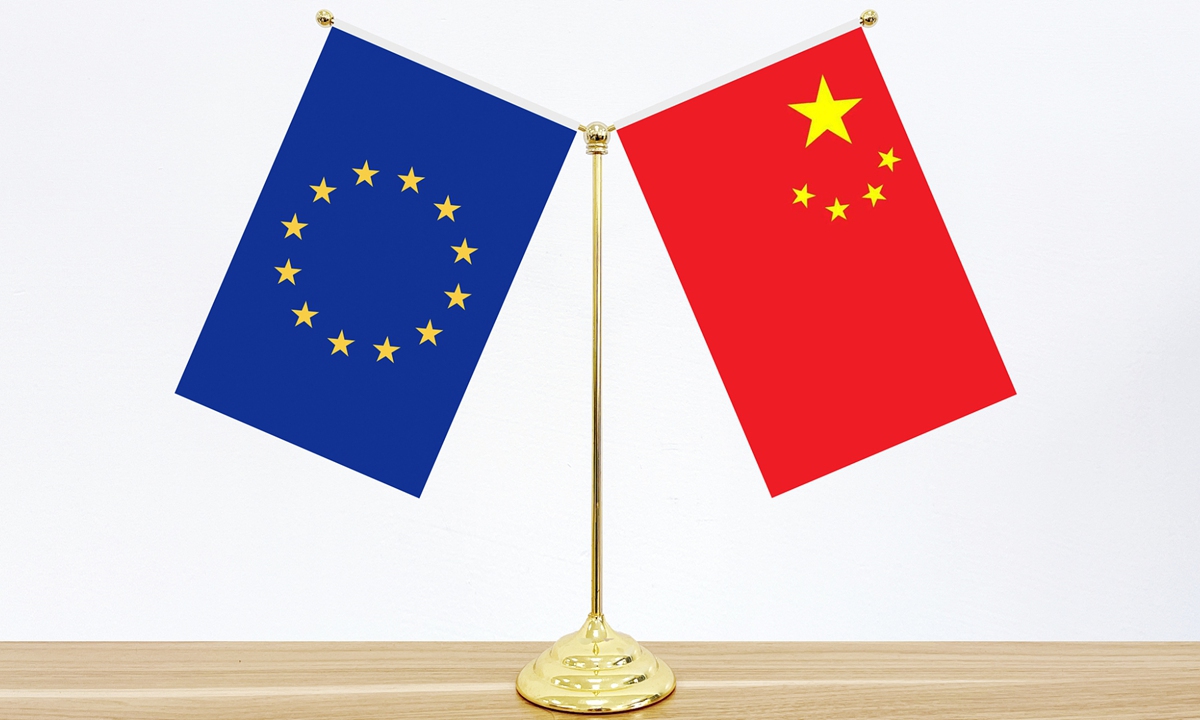Chinese commerce chamber expresses disappointment over EU investigation into medical devices procurement

China EU Photo: VCG
The China Chamber of Commerce to the EU (CCCEU) has expressed deep disappointment about an inquiry by the European Commission (EC) into China's public procurement of medical devices, and called on the European side to prioritize dialogue and be prudent in the use of unilateral tools.
The investigation came after two summary notices from the EU pertaining to the second and third in-depth investigations under the Foreign Subsidies Regulation, which involves Chinese businesses in the medical device, wind turbine and electric vehicle sectors.
In a statement sent from the CCCEU to the Global Times on Wednesday, the chamber emphasized that the latest investigation, which is part of the EU's International Procurement Instrument (IPI), was reportedly crafted with the intention of targeting China from the outset.
According to a 2023 survey conducted by the CCCEU among 180 Chinese companies and organizations in Europe, 21 percent of the respondents expressed concern about the negative impact of the IPI on their business operations.
The chamber urged the European side to prioritize dialogue and consultation as the preferred approach in the realm of procurement of medical devices rather than resorting to IPI measures that could impact the business environment for Chinese enterprises in Europe.
The investigation should be based on comprehensive and objective facts, as China has published multiple policies aimed at ensuring fair involvement for both domestic and foreign enterprises in government procurement, as well as actively promoting foreign investment in the medical sector, said the chamber.
The CCCEU noted that the dialogue channels regarding government procurement between China and Europe remain accessible, as the two sides keep communicating about China's accession to the WTO's Government Procurement Agreement and revisions to China's Government Procurement Law, which have benefited enterprises from both sides.
Chinese Foreign Ministry spokesperson Wang Wenbin told a regular press conference on Wednesday that the EU has been resorting increasingly to its economic and trade "toolkit" and trade remedies.
Such moves send out a signal of protectionism, aim at Chinese companies and hurt the EU's own image, said Wang. The EU claims to be the most open market in the world, Wang added, but as the world can see, the EU is clearly inching toward protectionism.
Wang urged the EU to honor its commitment to the open market and fair competition, to observe WTO rules and stop restraining Chinese companies under various pretexts.
Global Times
